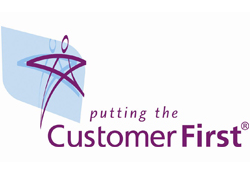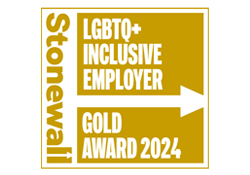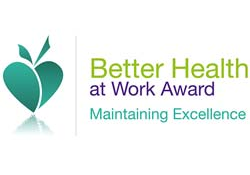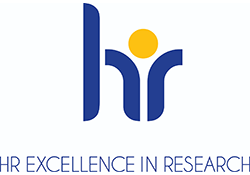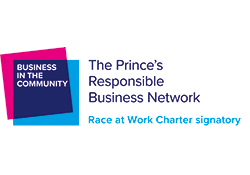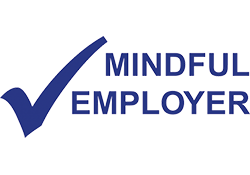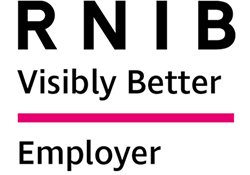Banking and finances
How to open a UK bank account and other essential financial information.
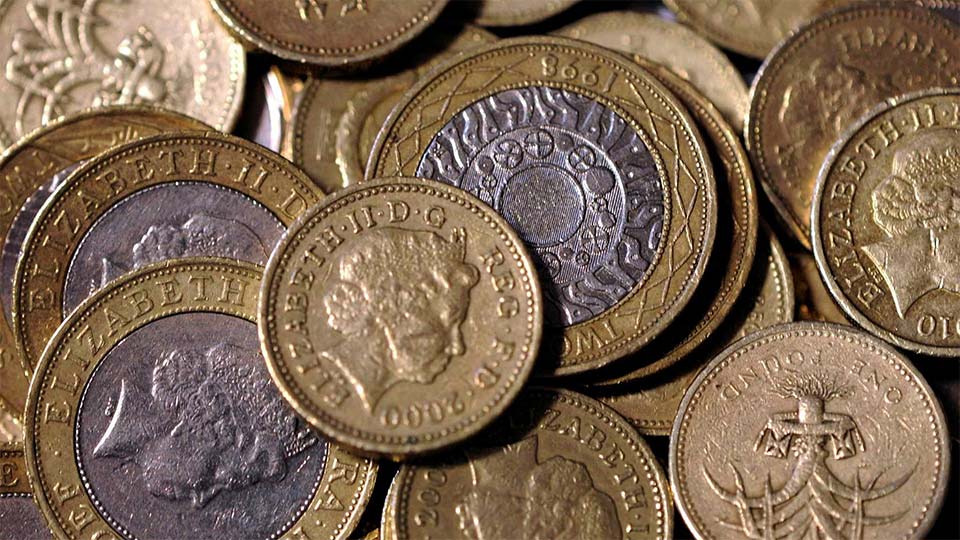
Opening a bank account
Although it is not a legal requirement for you to have a UK bank account or a building society account, it is an important part of relocating, as this is where your monthly salary will be paid in to by the University. And your utility bills, when owning or renting a home, will only be able to be paid out of this UK bank account.
There are around 344 major banks and building societies operating in the UK, with many having branches in the Teesside area. You can compare different bank accounts using Money Super Market. Once you have selected a bank or building society, you will need to make an application, usually done in branch, online, or over the telephone, and provide some ID documents. Examples of these are listed below however, please check with your chosen bank for which documents they will accept:
Identity documents
- Passport
- Driving licence
Proof of address documents
- Driving licence
- Bank / credit card statement
- Utility bill
Debit and credit cards
Once you have set up a bank account, you will receive a debit card through the post, linked to your current account.
A unique PIN code is sent from the bank, through the post. Some debit cards now have a contactless chip which means that you don't need to enter a pin for a purchase of less than £100.
Most bank accounts offer a direct debit and standing order facility which is a simple way to pay bills straight from your bank account. A direct debit is an authorisation that you have given for a company to take a certain amount of money on a certain day and is suitable for regular, important bills such as energy bills and council tax.
A credit card is not linked to your current account and is a type of loan where the money if borrowed from the bank or building society or finance company. An arranged limit is agreed for how much you can borrow, for example, £3,000, and you are allowed to pay for goods and services if the shop or supplier accepts a credit card. Once you have made a payment, you will receive a bill or statement for what you have spent each month. You have a choice of paying the bill off in full, paying no interest, or if you choose to spread the payments, you will pay interest on the balance. Interest rates vary.
To see if you are eligible for a credit card, and information on debit and credit cards, visit the sites below.
Credit score
When you apply for a credit card or a loan, there are several factors to decide whether this money can be lent to you, including a credit score which is a points system which shows how debts and bills have been managed in the past. If you have always paid bills on time, this would positively impact your credit score but a couple of missed or late payments would have a negative impact. Similarly, for people who have never borrowed money or paid bills, it is difficult to assess your credit score. When you arrive in the UK, you may not have a credit score and may be seen as high risk.
Check your credit score and how to improve it
Tax
Everyone in the UK has to pay tax on their earnings. The amount of tax you pay will depend on your salary. Everyone is entitled to a personal allowance which is the amount that you can earn each tax year before you start paying income tax. This usually changes slightly each tax year.
Check your income tax and personal allowances
For Teesside University employees, tax is automatically deducted from your monthly pay, known as PAYE (Pay As You Earn), and is calculated by the tax code that you are given. If you have any queries about your payslip or tax, please email payroll.services@tees.ac.uk.
National insurance
National insurance is a compulsory tax that you pay on your earnings which entitles you to certain state benefits such as state pension and maternity allowance. As a Teesside University employee, your national insurance will be automatically deducted from your monthly salary, as well as the tax stated above.
To work in the UK you need to have a national insurance number. This is a unique number set by the Department of Work and Pensions used to identify you and make sure that all your contributions and the tax you pay are recorded properly. Your national insurance number may be printed on the back of your Biometric Residence Permit.
You may be able to work before your national insurance number arrives if you can prove you have the right to work in the UK. Find out more about applying for a national insurance number, or call 0800 141 2079.
Further information
If you have any queries about this guide please contact the School/Department in which you will be working, as they will support you. The HR Department can offer general advice, please email hrrecruitment@tees.ac.uk.
Please note: The inclusion of a link to another organisation's website from any pages on this website does not constitute a recommendation or endorsement of that organisation or its website by the University. The University cannot be held responsible for the content of any external link from this site.





